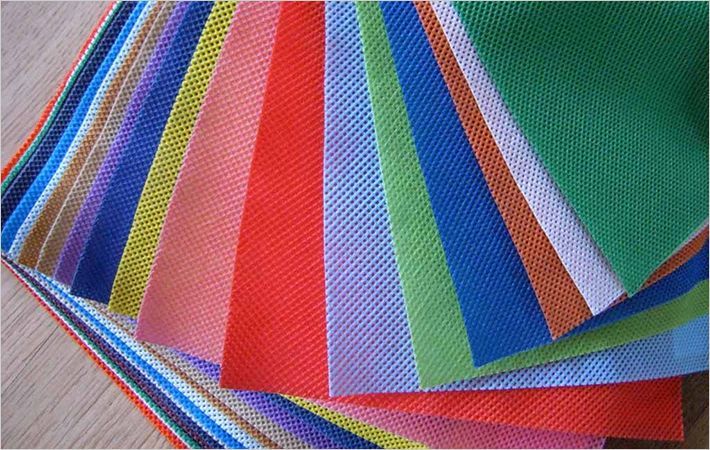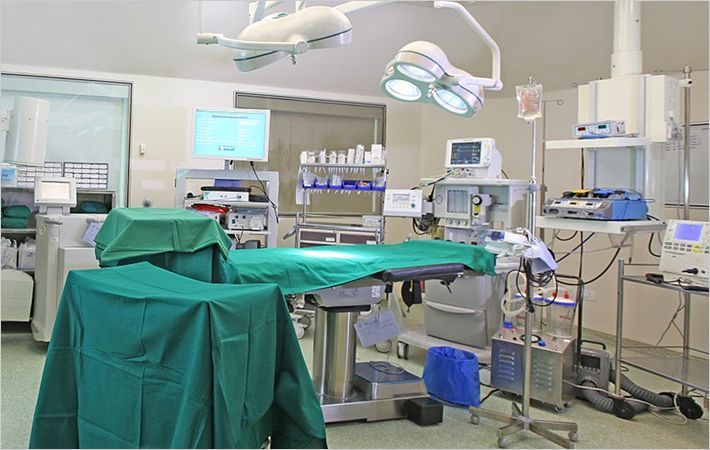For some time work has been done to try to establish production processes for fibre materials based on proteins, fungi and bacteria. Textiles would have not only a natural origin but also other qualities such as anti-bacterial properties, high-strength or be particularly good at absorbing moisture. These provide the basis for a variety of potential application areas: from automotive and apparel to medical equipment, packaging technology and cosmetics.
One such example is Qmilch, a new fibre material based on casein protein that has numerous advantages compared to conventional raw materials for textiles. An environmentally friendly manufacturing process is used to produce milk protein fibres without any chemical additives. The fibres contain up to 18 amino acids that support cell growth and so prevent skin ageing. Milk protein fibres promote blood circulation, reduce itching skin and have a smoothing function.
Furthermore the way these functional fibres control moisture is 99 percent successful in preventing the growth of bacteria. It also facilitates temperature regulation which is important for allergy sufferers. Production of the fibres does not use milk that would be suitable as a foodstuff. In fact it uses colostrum from cows that are just calving or the centrifugal waste material from cheese production. Companies dispose annually of 1.9 million litres of non-saleable milk.
Based on the qualities previously mentioned milk protein fibres are suitable for use primarily in the automotive industry and for medical equipment where they offer benefits for heat insulating seat covers or hygienic membranes. Even small amounts of milk protein fibres added to textiles can produce positive effects. “Incorporating only around 20 percent is more than sufficient to make the surface anti-bacterial”, says Qmilch founder Anke Domaske. Until now the fibre material has been produced on a pilot line. It is planned to scale up production in the middle of 2013.
Another example of an innovative, new bio-based fibre material comes from bionics research and takes inspiration from spiders. The fibres and webs naturally produced by spiders are uniquely stable and elastic at the same time. Relative to its extremely fine structure, spider silk is strong as steel and elastic like rubber.
For years scientists have tried to solve the riddle of spider silk and recreate it industrially. Now AMSilk AG and Professor Thomas Scheibel from the University of Bayreuth have succeeded in doing just that. Based on a traditional fermentation process and using genetically manipulated bacteria it is possible for the first time to produce any quantity of spider silk proteins for a wide range of applications.

